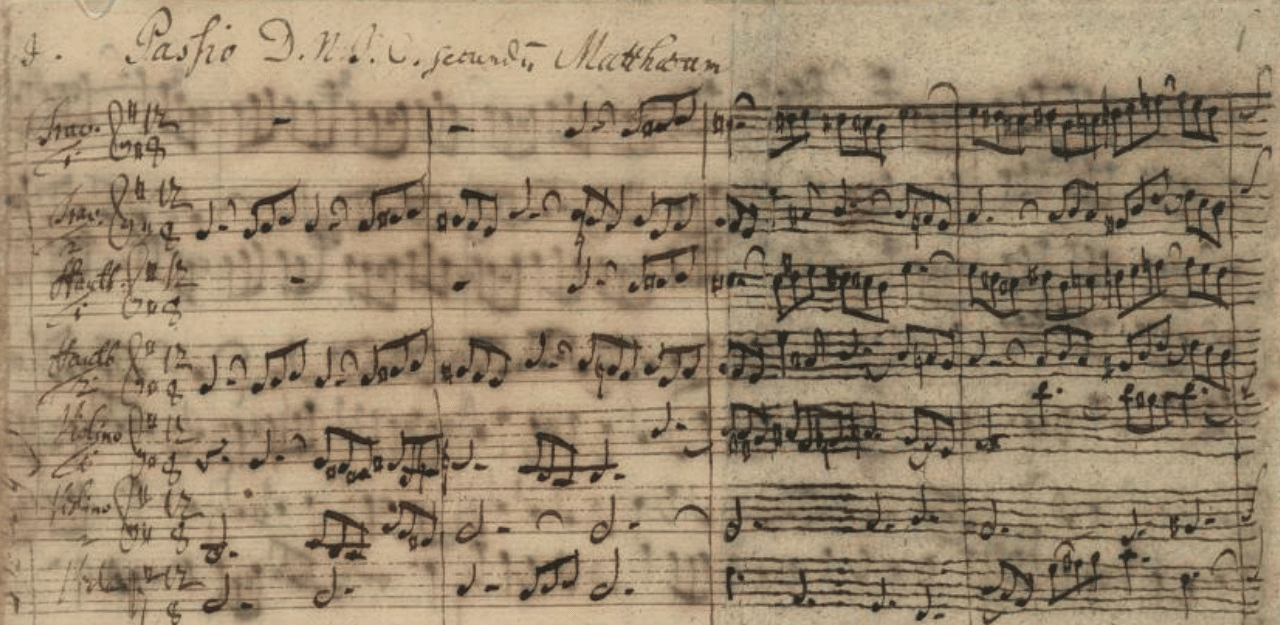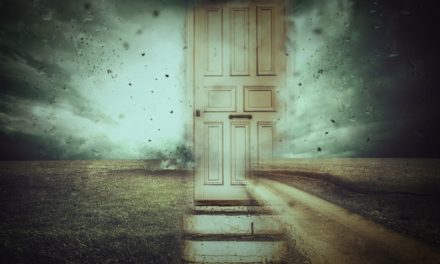Music is the universal language of mankind.” ~Henry Wadsworth Longfellow
Andrew Schulman was born so ugly that his grandmother refused to believe he belonged to their family. She insisted the hospital investigate to make sure there wasn’t a baby mix-up. Many years later, his cousin Miriam told him the nurses felt sorry for that disputed lone baby in the nursery, so they held him and sang to him all day. “Show tunes,” she said. “I heard them when I was there. It was so lovely.”
He writes in his book, Waking the Spirit, “I like to think that my brain was wired in the nursery by the healing power of music.”
Andrew grew up to become a successful musician. He’s played Carnegie Hall, the White House, and throughout Europe. He has three CD’s, an active performance schedule, and an enjoyable life with his wife in NYC. His life, however, changed when he went in for surgery.
The operation was a success but on the way to recovery he suffered a rare reaction and was clinically dead by the time they rushed his gurney out of the elevator. Although they managed to resuscitate him in surgical intensive care, they couldn’t stabilize him. Doctors put him in a medically induced coma for several days, but his organs began to fail. He was not expected to live. His wife, desperate, asked permission to play music for him. His favorite piece, Bach’s “St. Matthew’s Passion” popped up on his iPod. After a half hour, still apparently unresponsive, his vital signs began to stabilize. Confounding doctors, he recovered quickly over the next few days.
As Oliver Sacks once said, “Nothing activates the brain so extensively as music.” Andrew explains in his book that, “Music reaches neural networks, including some of the most primary…. such as the brain stem, the cerebellum, and the amygdala. Music then initiates brain stem responses that, in turn, regulate heart rate, pulse, blood pressure, body temperature, and muscle tension…”
We know that music chosen by parents and performed for premature babies for a few minutes at a time helps to calm them, resulting in longer quiet-alert states and easing pain. Music sung by parents has a beneficial effect throughout infancy. Babies respond to music, even regular drumbeats, with increased smiling. In fact research shows that babies correlate their movements with the tempo and rhythm. They dance! And music gets a much greater response than spoken words. No wonder adults all over the world naturally engage babies in a sort of singsong-like call and response. We’re translating our language into one that is more evocative to mind and body.
Music makes a difference at the other end of life too. Studies of music in hospice care show it can reduce anxiety, pain, and fatigue while enhancing mood, energy, and sense of spiritual comfort.
After Andrew fully recovered he made his way back to the same surgical intensive care ward at the same hospital. This time as a musician. Three times a week, every week, he enters the SICU, walks through the ward guided by intuition as much as beeping monitors, then sits at a bedside and begins to play.
People on this ward are very ill. They’re likely in pain and afraid. They may be in and out of consciousness, even comatose as he was. He plays all sorts of music for them, happy to honor requests by patients, family members, and staff. But he’s found music by certain composers has the greatest healing effect — Bach, Gershwin, the Beatles, along with Franz Schubert’s “Ständchen” and, strangely enough, “Bohemian Rhapsody” by Freddy Mercury.
In his experience, Bach’s music is the gold standard. It almost magically seems to increase alertness, reduce pain, and stabilize vital signs. Neuromusicologist Arthur W. Harvey agrees. Andrew quotes Dr. Harvey, “Of all the music we tested in medical school with patients, colleagues, and others, Bach’s music consistently made the brain work in a balanced way better than any other genre.”
Dr. Harvey and students studied the effect of music on the body using brain scans, focusing on seven genres: chant, Baroque, classical, gospel, new age, jazz, and folk. After two years they concluded Baroque era music most effectively “…stabilized the different rhythms of the body and mind — mental, physical, and emotional — which allowed for greater concentration and focus. Bach’s music consistently showed the best results in this regard.”
Andrew tries to unlock what it is about Bach. “…Bach’s music utilizes both chordal music (music characterized by harmony) and contrapuntal textures (the interweaving melodies) somewhat equally, which provides for music processing in both left and right hemispheres of the human brain. A descriptive characteristic of his music and music of his time is the significance of balance… You hear sounds that are soft and loud, high and low, short and long. Rhythms that are slow and fast, simple and complex. Melodies and harmonies that have enormous stylistic variety.” Such music stimulates brain functions without overload.
Andrew goes on to note that healing music often comes from composers who themselves suffered from depression and other forms of mental illness. Perhaps despair transmuted into beauty more profoundly eases other people’s suffering.
I can’t help but consider all that troubles our beautiful world. When music helps to lift the individual mind from unconsciousness to consciousness, surely music helps to lift our collective awareness as well.
After all, music is used to lull small ones to sleep, rouse teams to victory, woo lovers, deepen worship, commemorate solemn occasions, and celebrate joy. Throughout history, music has been a traditional way to bring peace and justice. Through music we more fully grasp that all of us feel grief, love, fear, injustice, delight, and moments of transcendence. Let’s play one another into a more loving world.
“This will be our reply to violence: to make music more intensely, more beautifully, more devotedly than ever before.” ~Leonard Bernstein







“It is the power of music to carry one directly into the mental state of the composer. The listener has no choice.” From Immortal Beloved Beethoven. The child listening to Moonlight Sonata, in my opinion, is reacting to what Beethoven FELT, not the sound alone. Music is ultimately, an expression of feeling. It is secondary to the Human whose feelings are structuring sounds through modes, scales, etc. We often separate who we are from what we do.create, but “we teach (share) what we know, yet duplicate what we are.” This would take more explanation here about Spiritual Realms and Hermetic Law.